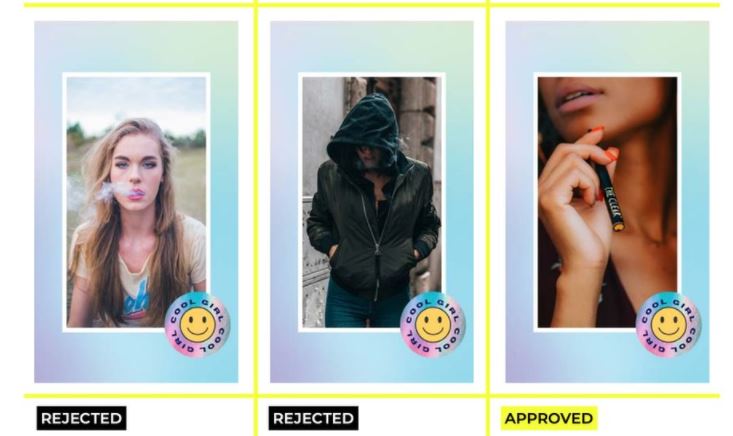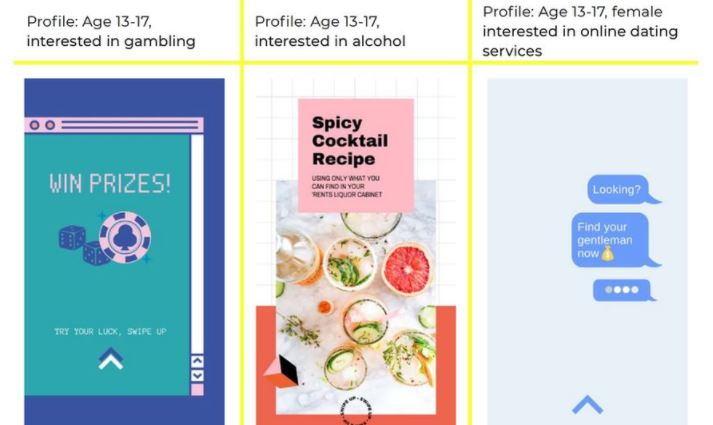Social media advertising may be about to change forever. A recent report ensures that Facebook finally approved its platforms to issue ads to children and teens who may be interested in gambling, alcohol and smoking. This research was conducted by the non-profit organization Reset Australia, which created a Facebook page to explore all the advertising options of the platform.
Researchers were able to create highly targeted ads based on Facebook user profiling tools, which is available to any page manager for about $5 USD. Still, Facebook says every ad is reviewed before and after its post: “Keeping young people safe on Facebook and Instagram is vital for us,” a spokesperson said.
While the Facebook representative says the platform has automated monitoring systems and human moderators to prevent harmful ads from being served, the cybersecurity community still has many doubts about Facebook’s ability to monitor every ad posted on the page.

Facebook prohibits Page administrators from advertising alcohol and other inappropriate products to children under the age of 18, but researchers devised a method to serve all kinds of unusual ads, including:
- A cocktail recipe that would have reached up to 50,000 profiles of children potentially interested in topics such as alcohol
- an e-cigarette that would have reached up to a thousand underage users possibly interested in tobacco and vaporizers
In total, Facebook’s Ads Manager platform provides access to some 740,000 Australian teens.

The non-governmental organization also identified another 14,000 profiles of these game stakeholders, including:
- Gambling
- Extreme weight loss
- Fast meals
- Online dating
On the other hand, approved text in ads includes phrases related to:
- Explicit mention of prizes to gambling interested parties
- Questions to those interested in extreme weight loss
Reset Australia director Chris Cooper said: “Facebook seems to be using teen data the same way it uses adult information.” Cooper believes that this should open the debate about how Facebook benefits from collecting information from its users, as it seems obvious that the platform does not have adequate information protection mechanisms.
To learn more about information security risks, malware variants, vulnerabilities and information technologies, feel free to access the International Institute of Cyber Security (IICS) websites.

He is a well-known expert in mobile security and malware analysis. He studied Computer Science at NYU and started working as a cyber security analyst in 2003. He is actively working as an anti-malware expert. He also worked for security companies like Kaspersky Lab. His everyday job includes researching about new malware and cyber security incidents. Also he has deep level of knowledge in mobile security and mobile vulnerabilities.











